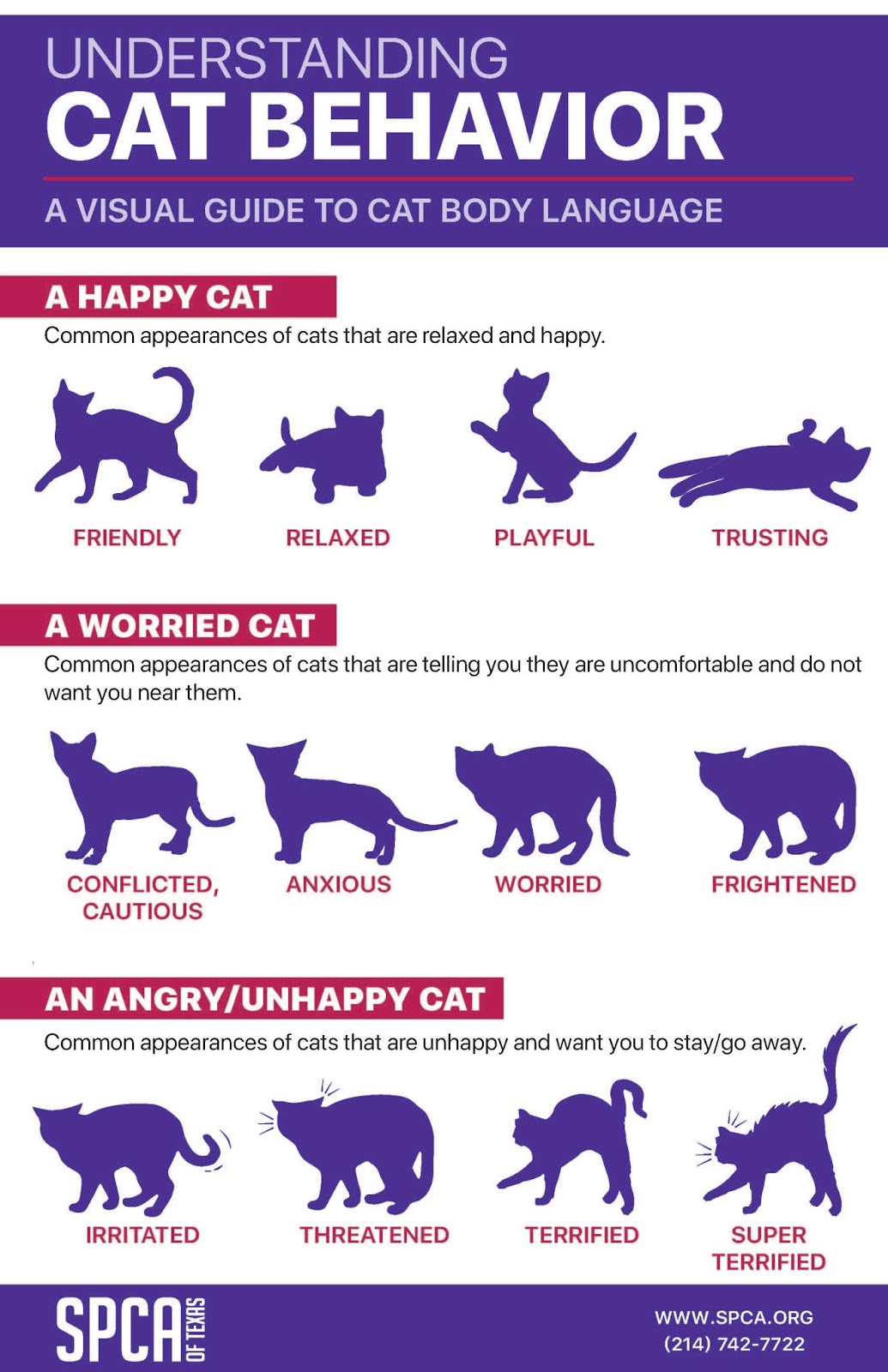Timeline Tales
Exploring the stories that shape our world, one timeline at a time.
Why Your Cat May Think You're the Help
Discover the amusing reasons your cat might see you as their personal assistant. Uncover the truth behind their quirky behaviors!
Understanding the Hierarchy: Why Your Cat Sees You as the Help
In the fascinating world of feline behavior, understanding the hierarchy within a cat's social structure can provide insights into why your cat perceives you as part of the help. Cats are inherently independent creatures, but they also establish a social order in which human caretakers often play a crucial role. According to studies from ScienceDirect, cats rely on their owners for food, safety, and companionship, positioning humans as providers in a hierarchical relationship.
This perception is not merely a matter of dependency; it also reflects the way cats view their environment. A cat's instinct is to view its territory as a whole, where it identifies dominant and subordinate roles within its community. When your cat looks to you for meals, affection, and care, it sees you fulfilling the role of an essential support figure. For a deeper exploration of these dynamics, check out PetMD, which highlights how our interactions shape pets' perceptions of their human companions.

Is Your Cat Treating You Like the Help? Signs to Look For
If you’ve ever felt that your feline friend views you more as a servant than a companion, you're not alone. Many cat owners report signs that their cats might be treating them like the help. Here are some key indicators to look for: 1. Demanding Behavior – If your cat constantly insists on being fed at specific times, meows insistently, or even nudges you to open doors or play, it might be a sign they see you as a mere provider. 2. Ignoring You – Cats that act aloof when you are around, only to engage enthusiastically when you've turned your back, can be communicating that they see you as a butler rather than a buddy. For more insights, check out The Spruce Pets.
Moreover, observe how your cat interacts with you during playtime. If they often drop toys at your feet, waiting for you to initiate the game without showing much interest in your involvement, it's another sign of a demanding attitude. Additionally, 3. Selective Affection – If your cat only seeks your attention on their terms, such as when they want pets or treats, this behavior can further emphasize their perception of you in the help role. To deepen your understanding of cat behavior, see Vetstreet for tips on interpreting feline body language.
7 Reasons Your Cat Thinks You're Just Their Personal Assistant
Many cat owners often wonder why their feline friends seem to treat them more like personal assistants rather than loving companions. One major reason is that cats have an innate ability to demand attention on their terms. They might sit on your keyboard while you work, or nudge your hand when they want to be petted. This behavior stems from their evolutionary traits; as solitary hunters, they tend to rely on their humans for food, comfort, and play. You can learn more about these behavioral dynamics in this detailed article on cat behavior.
Another aspect is related to how cats communicate their needs. Unlike dogs, who may vocalize or fetch to get your attention, cats often meow or use their body language to signal that it's time for play or a meal. This establishes you as their personal assistant, as you are frequently responding to their requests. Many pet owners unknowingly reinforce this dynamic by catering to their cats without setting boundaries. For a deeper understanding of feline communication, check out this insightful resource.